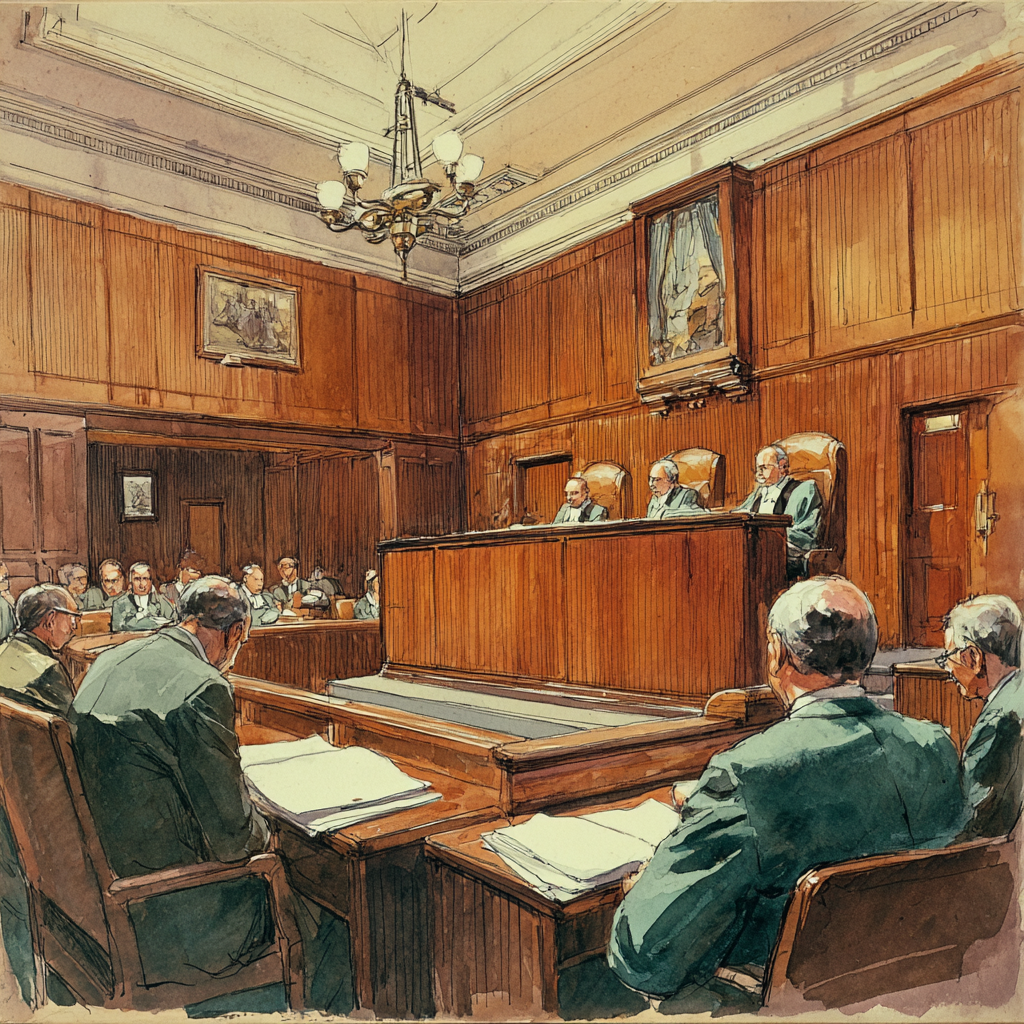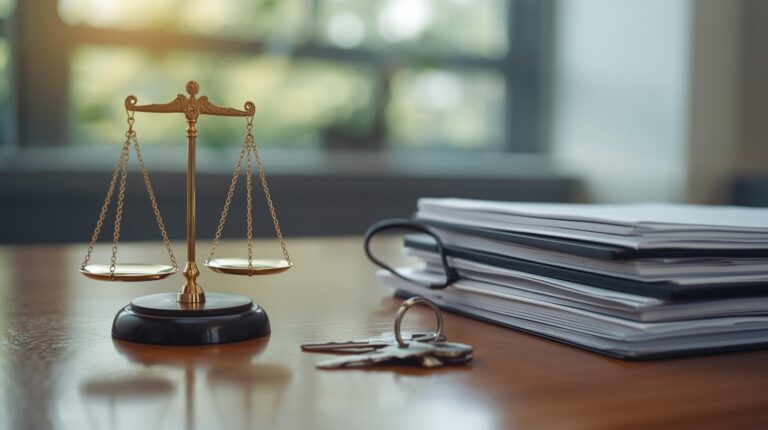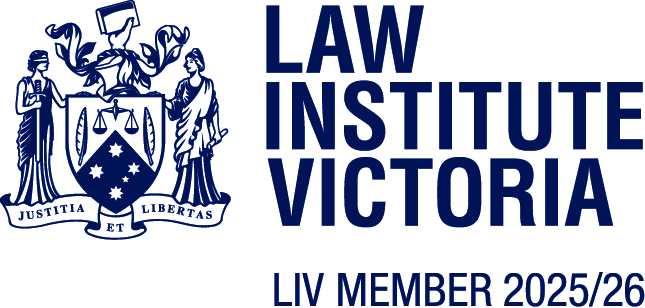If you are convicted or sentenced in a criminal matter in New South Wales, you may have the right to appeal the decision. An appeal allows a higher court to review the decision of a lower court to determine whether a legal, factual, or procedural error occurred.
Types of Appeals in NSW
Criminal appeals in New South Wales can be divided into several categories depending on which court made the original decision:
Local Court Appeals
If you were convicted or sentenced in the Local Court, you have the right to appeal to the District Court. These appeals are known as de novo appeals, meaning the case is reheard from the beginning. The District Court will consider all the evidence afresh and may confirm, vary, or set aside the Local Court’s decision.
Appeals must generally be lodged within 28 days of the conviction or sentence.
District Court and Supreme Court Appeals
If your case was heard in the District Court or Supreme Court, you can appeal to the Court of Criminal Appeal (NSW). This is not a re-hearing of the case, but rather a review to determine whether an error occurred at law or in procedure.
The appeal must be based on specific grounds such as:
Grounds for Appeal
Common grounds for appeal include:
Each appeal is unique, and careful legal analysis is required to identify the strongest possible grounds.
The Appeal Process
The appeal process typically involves the following steps:
- Filing a Notice of Appeal within the required time limit.
- Preparation of transcripts, exhibits, and submissions.
- Hearing of the appeal before a panel of judges (usually three in the Court of Criminal Appeal).
- Delivery of the judgment — the appeal may be allowed, dismissed, or sent back for retrial or re-sentencing.
Possible Outcomes
If an appeal is successful, the higher court may:
If the appeal is unsuccessful, the original decision stands, and the appellant may be ordered to pay costs.
Time Limits for Appeals
Strict time limits apply to all criminal appeals in New South Wales. Generally, appeals must be filed within 28 days of the sentencing date. Extensions can be sought in limited circumstances, but delays can severely impact your chances of success.
Why Legal Representation Is Essential
Preparing an appeal requires in-depth knowledge of criminal law, procedure, and appellate principles. An experienced criminal defence lawyer can identify legal errors, prepare persuasive arguments, and present your case effectively before the court.
Contact EAS Legal for Expert Help
At EAS Legal, our criminal defence lawyers have extensive experience handling appeals at every level — from the District Court to the Court of Criminal Appeal. We can assess your case, advise on prospects of success, and manage the entire appeal process on your behalf.
Call 1800 117 533 or visit www.easlegal.com.au for immediate assistance with your appeal.
Need to speak with a lawyer?
Our experienced lawyers are here to help you understand your legal rights and options. Contact us for a confidential discussion about your situation.

















